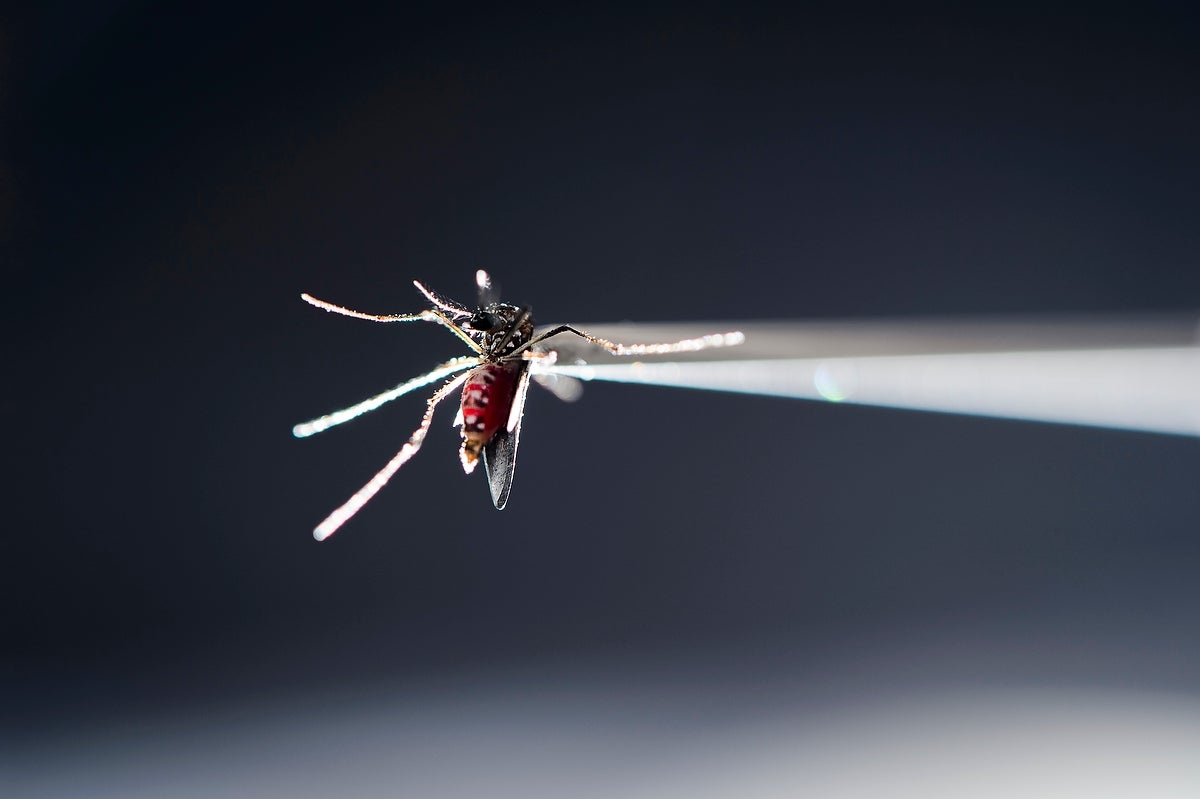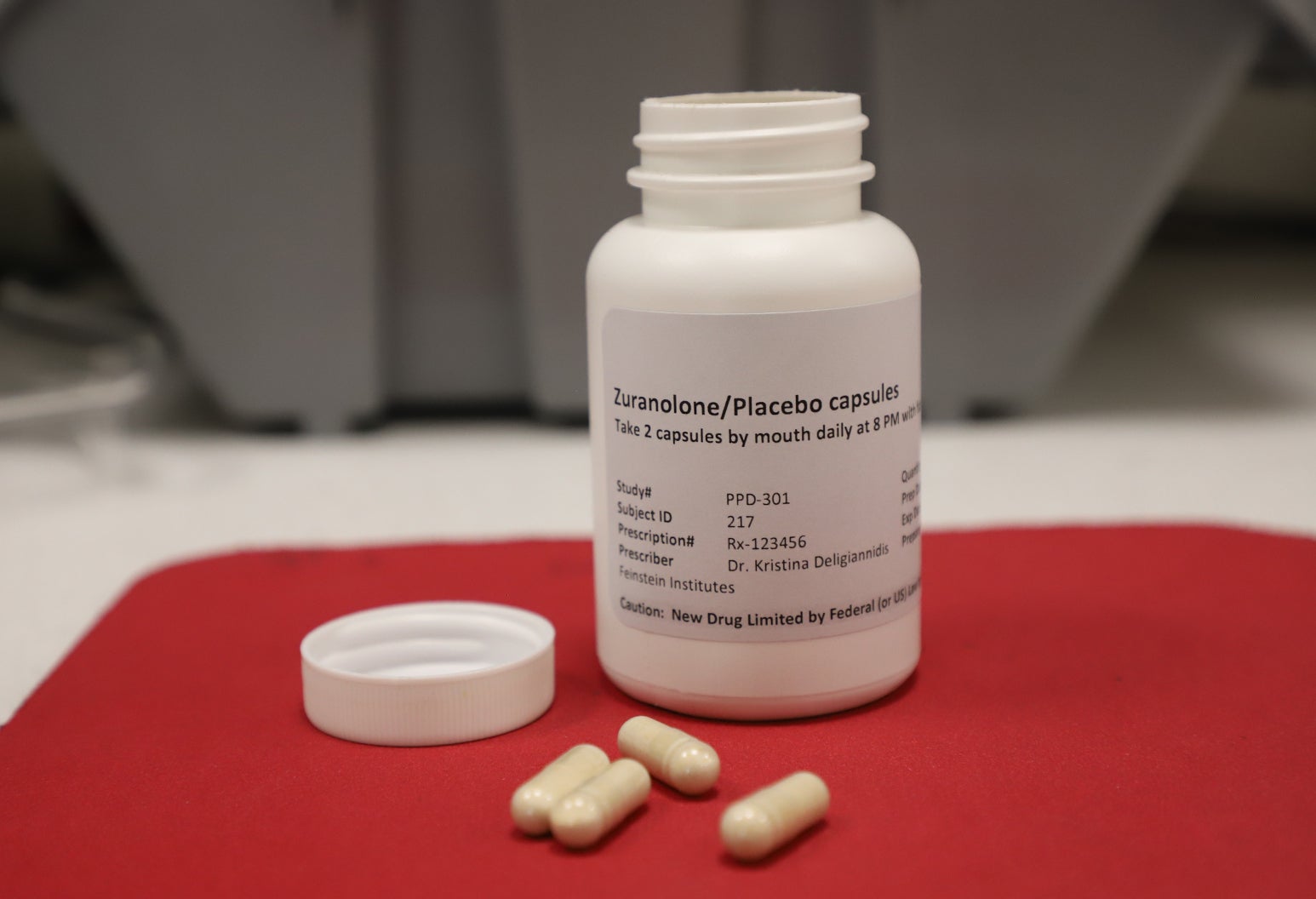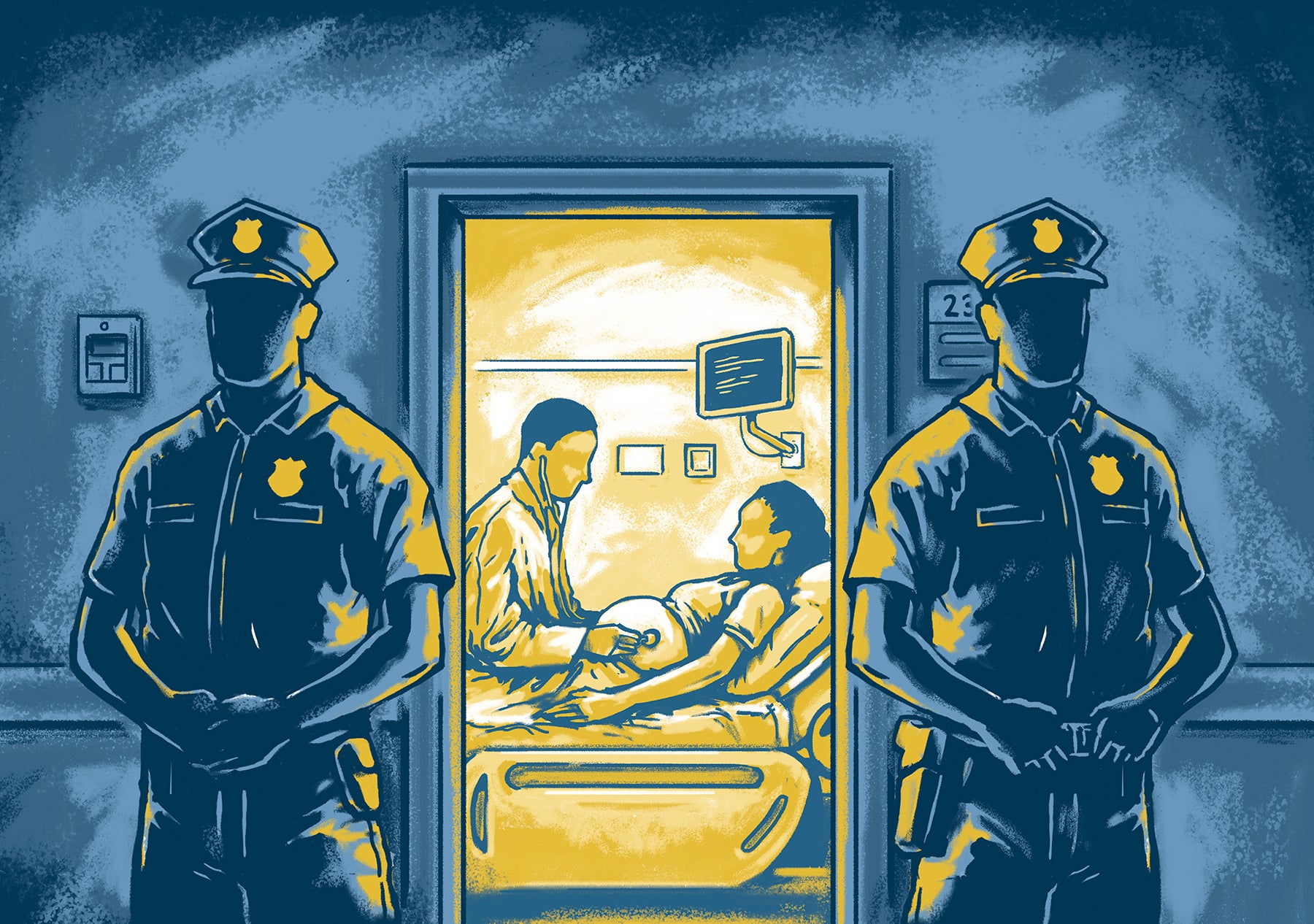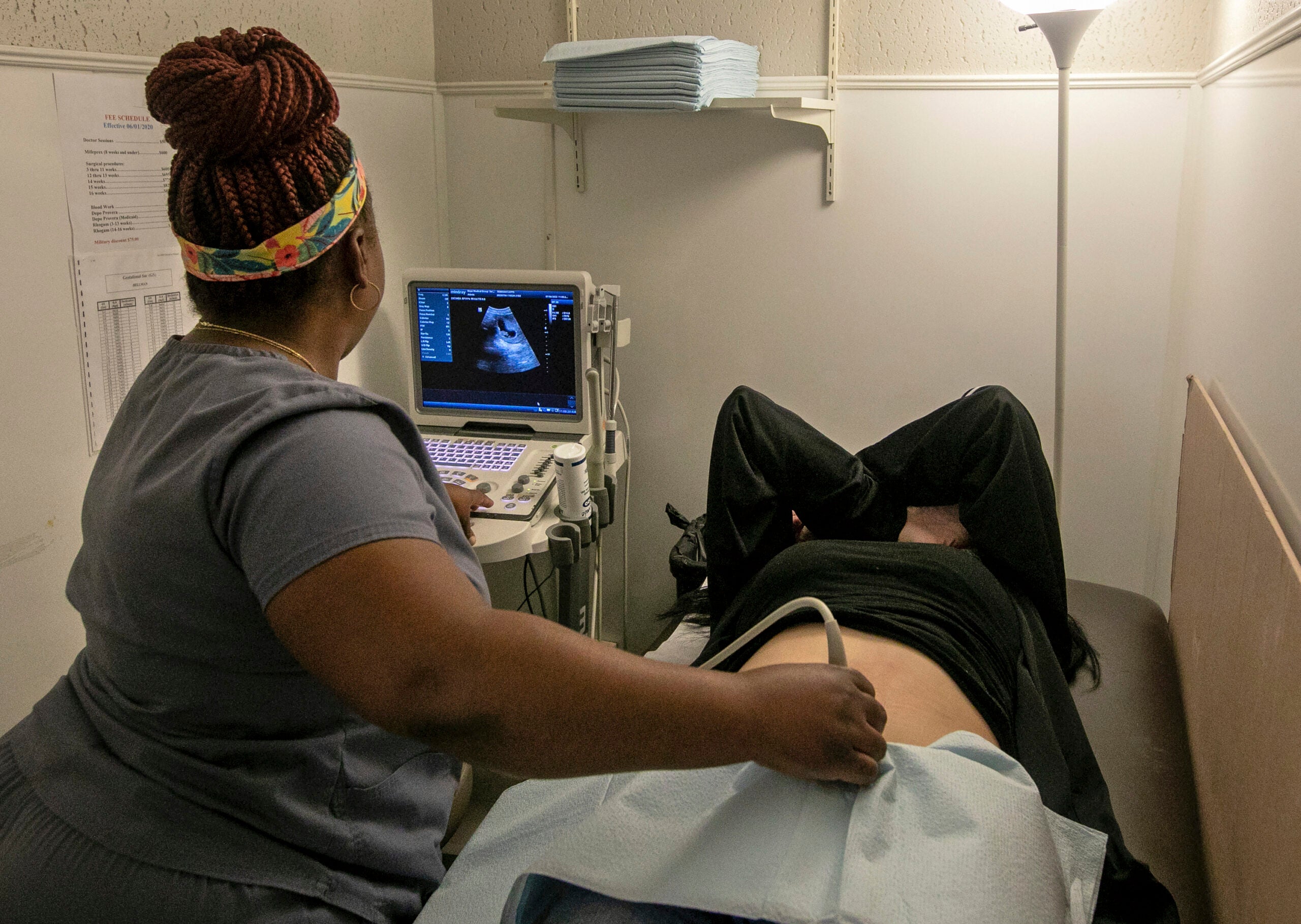University of Wisconsin-Madison researchers have found that a single exposure to the Zika virus protected monkeys against a second bout of the infection. That natural immunity may help in work to develop a vaccine.
“We don’t know how long that immunity is going to last, but at least it’s encouraging and suggests that once people are infected a single time, they’re likelihood is low if not zero that they would be re-infected,” said UW pathology professor Dave O’Connor.
The research also found that the Zika virus lingers in pregnant monkeys longer than those who aren’t pregnant.
Stay informed on the latest news
Sign up for WPR’s email newsletter.
The virus lasted for 70 days in one pregnant monkey and 30 days in another. Researchers are hoping to understand when and how fetal abnormalities are most likely to occur if the mother is infected with Zika.
O’Connor said they suspect the longer a fetus is infected, the greater chance it will have abnormalities.
“So if that is true and it translates to people, it would have implications for how we monitor pregnant women and give them advice on how there is going to be adverse fetal outcomes,” he said.
O’Connor is part of a team trying to understand how Zika harms developing fetuses. Scientists from UW-Madison and Duke University have been working with infected monkeys for months. Researchers have shared the latest findings with other labs to increase understanding and speed up discoveries of the virus.
Wisconsin Public Radio, © Copyright 2024, Board of Regents of the University of Wisconsin System and Wisconsin Educational Communications Board.






